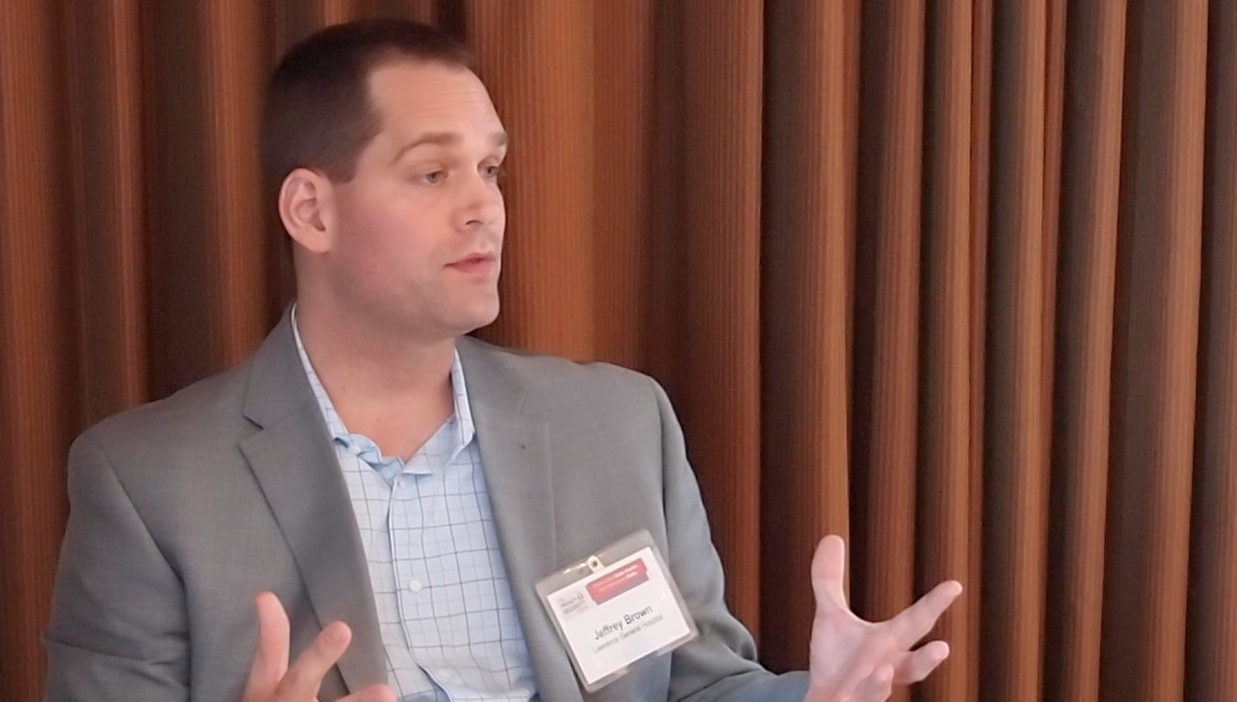Erin McCann
When in the realm of healthcare privacy and security, electronic health records may facilitate easier data exchange and data viewing, but the systems' audit trails make catching unauthorized viewers all the more simple, too.
Greece is no stranger to fiscal turmoil. It has one of the highest unemployment rates in the Western world and has racked up more than €321 billion of public debt. But some say the country's two-and a-half-year-old e-prescribing system is on the right track, helping reduce pharmaceutical expenditures by 50 percent.
Health and Human Services Secretary Kathleen Sebelius testified Oct. 30 before the House Committee on Energy and Commerce on the failings of HealthCare.gov, making her the highest ranked official to be questioned over the website flaws.
Three-dimensional holographic medical imaging may not be as far away in the future as one might think, one recently concluded hospital pilot study has confirmed.
Mobile devices have found their way into virtually every corner of the world, even in the most remote and least technologically developed countries. And this reality, says Joan Cornet, mHealth director at Mobile World Capital in Barcelona, has a "huge impact" on the potential of mobile health going forward.
Jeffrey L. Brown, M.S., CIO of Lawrence General Hospital in Lawrence, Mass., talks about breach prevention through employee education, the expense of device encryption and mobile security at the 2013 Privacy and Security Forum in Boston.
Despite the revamped federal HIPAA Omnibus Rule which holds covered entities and business associates more accountable for failing to adequately protect patients' health information, some groups continue to make the same old avoidable mistakes.
Mobile personal health records may be on the uptick in the near future. But before consumers are able to access PHRs at their fingertips from virtually any location, there are some big barriers standing in the way, according to new research by Frost and Sullivan.
An Arizona hospital is facing scrutiny after one of its employees posted a workplace photo on Facebook, inadvertently including the protected health information and Social Security number of a patient.
A recent court decision ruling that a HIPAA-covered entity was not liable for losing a hard drive containing patients' protected health information could have big implications for future cases in the realm of privacy and security.

